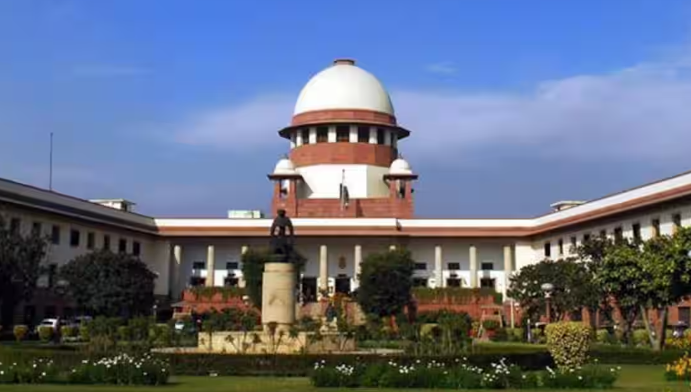Resignation of Election Commissioner Arun Goel – Supreme Court’s caution
In an unexpected turn of events, Chief Election Commissioner (CEC) Rajiv Kumar finds himself as the sole member of the Election Commission (EC) following the resignation of Election Commissioner Arun Goel. This development comes at a crucial time, just ahead of the announcement of the 2024 Lok Sabha polls. The Supreme Court has previously cautioned against leaving an institution with such vast powers in the hands of a single individual.
Present Situation
Chief Election Commissioner (CEC) Rajiv Kumar is in sole charge of the Election Commission (EC) with the resignation of Election Commissioner Arun Goel ahead of the Lok Sabha polls’ announcement, and the Supreme Court has said that it is ill-advised to leave an institution with such vast, exclusive and uncontrolled powers in the hands of one person, however wise he or she may be.
Supreme Court’s Stance on Multi-Member Election Commission – 1991 Judgement
In a 1991 judgment, a Division Bench of the Supreme Court emphasized the importance of having a multi-member Election Commission. The court stated, “There is no doubt that two heads are better than one, and particularly when an institution like the Election Commission is entrusted with vital functions, and is armed with exclusive uncontrolled powers to execute them, it is both necessary and desirable that the powers are not exercised by one individual, however, all-wise he may be.”
The Supreme Court, in the case of “S.S. Dhanoa versus Union of India”, further asserted that having a single person at the helm of the powerful poll body was against the “tenets of democratic rule.” The court reasoned that a single individual may sometimes prove capable of withstanding pressures, but when vast powers are exercised by an institution accountable to none, it is prudent to entrust its affairs to more than one person to ensure judiciousness and prevent arbitrariness.
T.N. Seshan Case Verdict: A Contrasting View
However, in 1995, a Constitution Bench of the Supreme Court, in the ‘T.N. Seshan’ case judgment, introduced some ambiguity with a single line stating that the Election Commission could be either a single-member body or a multi-member body, with the discretion lying with the President. The five-judge Bench mentioned, “The Election Commission can therefore be a single-member body or a multi-member body if the President considers it necessary to appoint one or more Election Commissioners.”
The Constitution Bench was interpreting clause 2 of Article 324, which states, “the Election Commission shall consist of the Chief Election Commissioner and such number of other Election Commissioners, if any, as the President may from time-to-time fix…”
Reconciling the Judgments
Despite the seemingly contradictory statement in the ‘T.N. Seshan’ case judgment, the Constitution Bench ultimately agreed with the S.S. Dhanoa judgment, affirming that a multi-member Election Commission was perfectly in line with the plain language of Article 324, which vests the superintendence, direction, and control of elections in the Election Commission.
Implications for the Upcoming Lok Sabha Polls
With CEC Rajiv Kumar as the sole member of the Election Commission, concerns have been raised about the potential impact on the preparation and conduct of the upcoming Lok Sabha polls. The absence of a multi-member Commission may raise questions about the checks and balances within the institution, especially given the Supreme Court’s previous observations on the importance of having more than one person exercising such vast powers.
Month: Current Affairs - March, 2024
Category: Legal & Constitution Current Affairs






